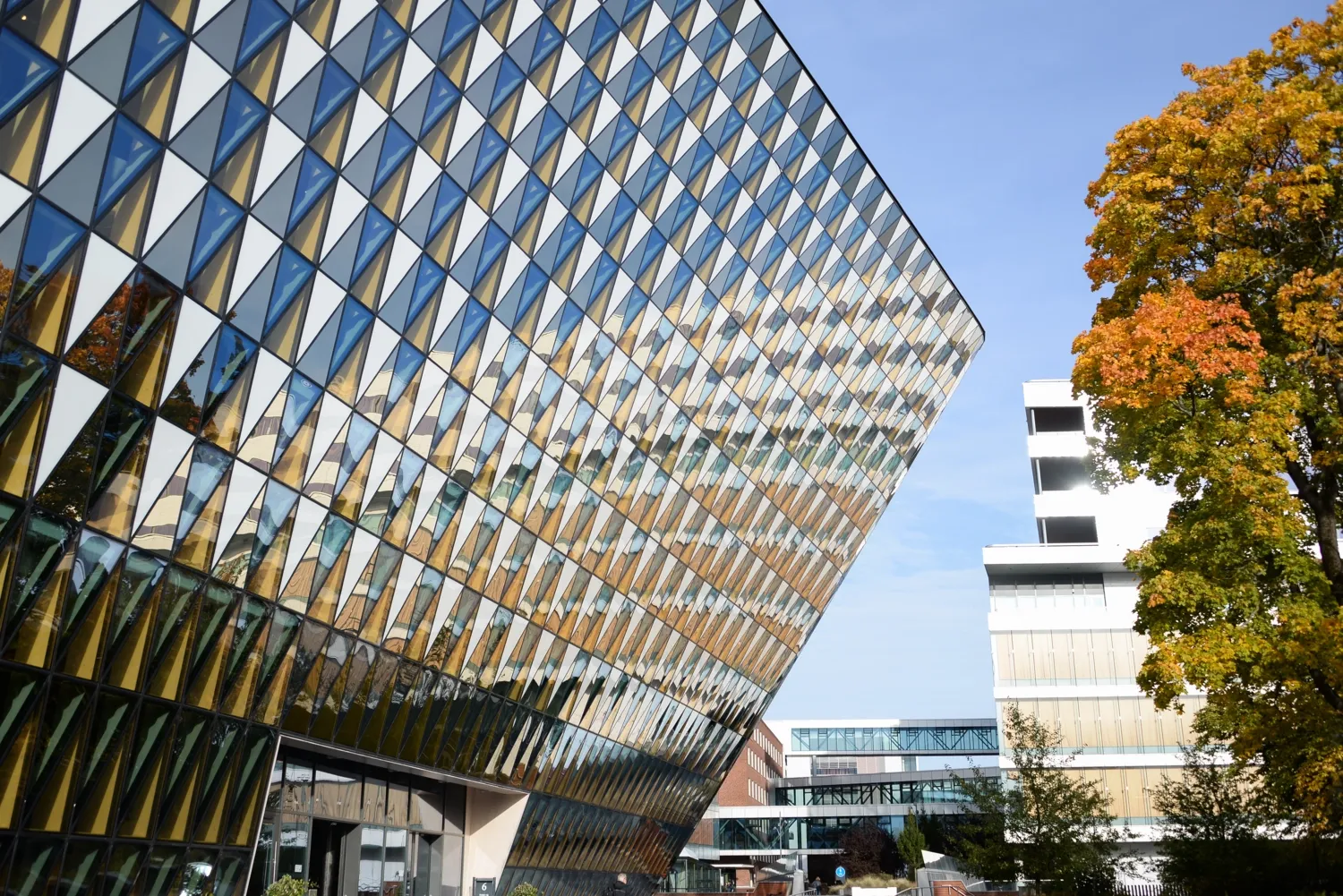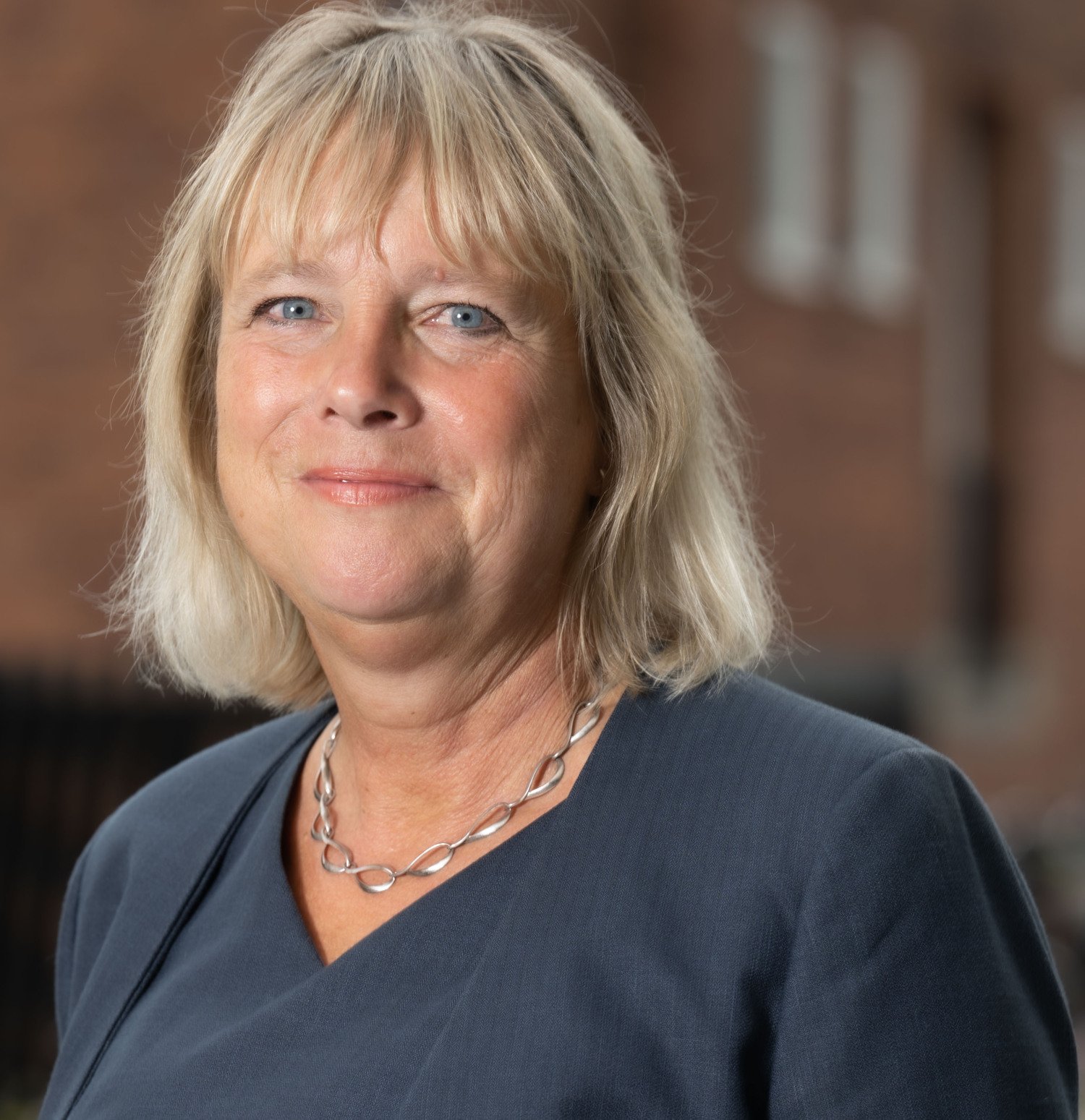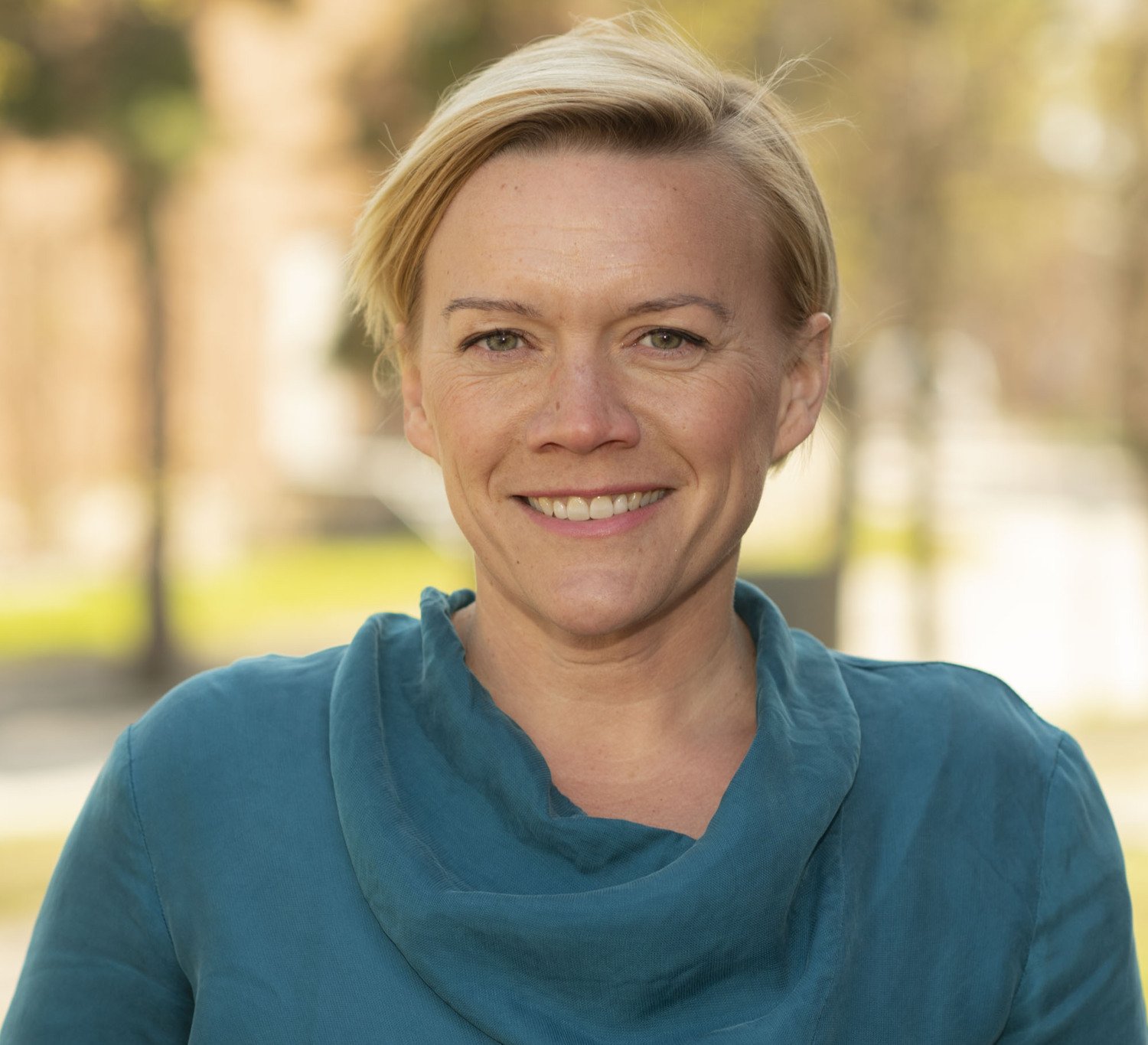New investment in research in medical education at KI

Karolinska Institutet is making a long-term investment in research in medical education. A call for new research funding is part of the investment, which is being made in collaboration with the Gunnar Höglund and Anna-Stina Malmborg Foundation.
Research in medical education leads to better educated health care workers and ultimately to saved lives and better public health. KI is now making a three-pronged investment in this research area with a planned visiting professorship, a new research grant and funding for a research network at Karolinska Institutet.
President Annika Östman Wernerson has set aside SEK 9 million for the initiative. It is being done in collaboration with the Gunnar Höglund and Anna-Stina Malmborg Foundation, which is co-financing the new research grant with SEK 1.5 million.
The initiative is led by Anna Kiessling and Terese Stenfors, who are KI's two professors of medical education, and Maria Watter, head of department at the Unit for Teaching and Learning (UoL).

“Karolinska Institutet has exceptionally good conditions for research in medical education. This investment is a major step in our work to develop that potential,” says Anna Kiessling, professor at the Department of Clinical Sciences, Danderyd Hospital, KI.
The new research grant is aimed at researchers who are either employed at Karolinska Institutet or work in health and medical care in Stockholm and have a research connection to Karolinska Institutet.
It can be applied for by those who have defended their thesis and published their first work in the field in question, and who are not professors.
The grants are a total of SEK 4.5 million over 3 years, and will be distributed among 2 to 4 applicants. The call opened on 13 November and closes on 10 January.
The second part of the initiative aims to recruit a visiting professor to further strengthen the educational research activities of medicine at Karolinska Institutet.
The third part of the initiative is resources for a network for researchers in medical education at Karolinska Institutet. The network was created in 2022 and has so far attracted just over 60 researchers and doctoral students.

“Now that we have a budget, the network can take on a more significant role and develop into the gathering place needed for research in medical education at Karolinska Institutet. We are spread across 19 different departments, which is basically good but at the same time a challenge,” says Professor Terese Stenfors at the Department of Learning, Informatics, Management and Ethics and UoL.
Research area with potential
In several external evaluations in recent decades, medical education has been identified as a research area in which Karolinska Institutet has great potential. The university's scientific production in the field is relatively extensive, with at least 60 researchers involved.
KI also has a high reputation and a large international network in the field through its role as the awarder of the Karolinska Institutet Prize for Research in Medical Education (KIPRIME), which is an internationally renowned prize for research in medical education.
Linked to KIPRIME there is also a Fellows program for young researchers at the top international level.
“It is an important issue for Sweden that we have strong medical education research, so that we can train competent employees for health and medical care. We will always need that,” says Anna Kiessling.
